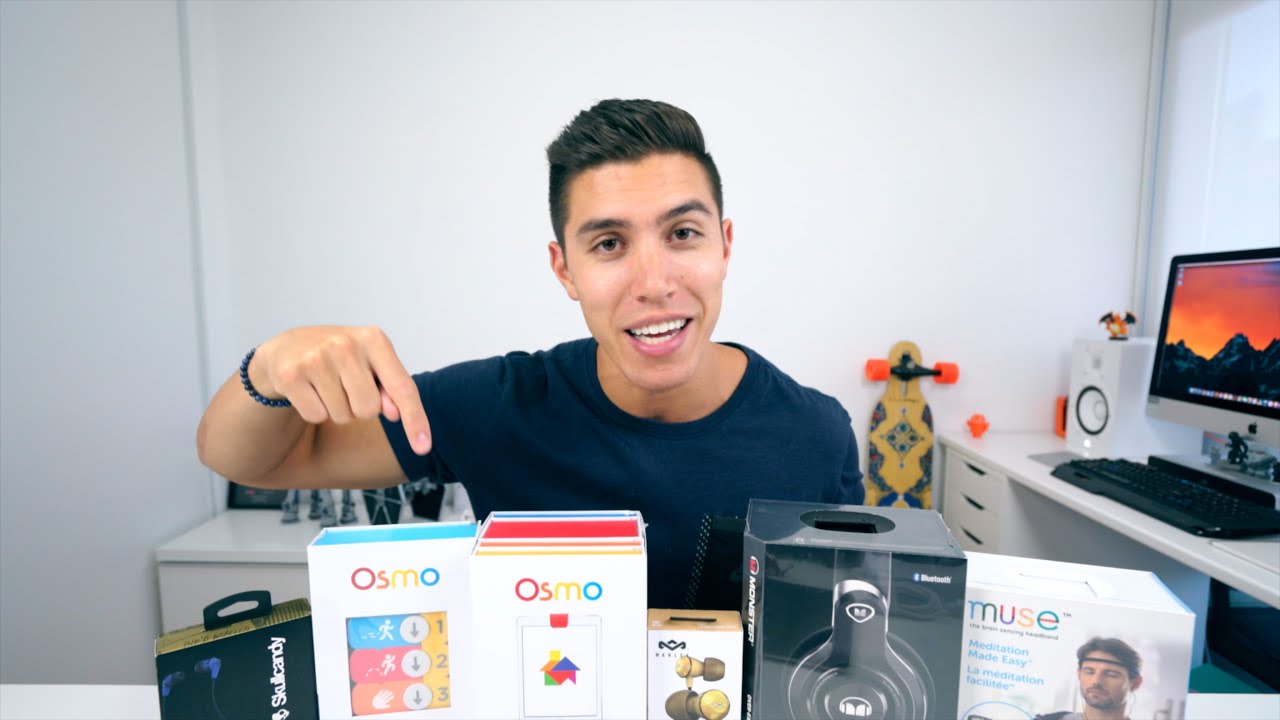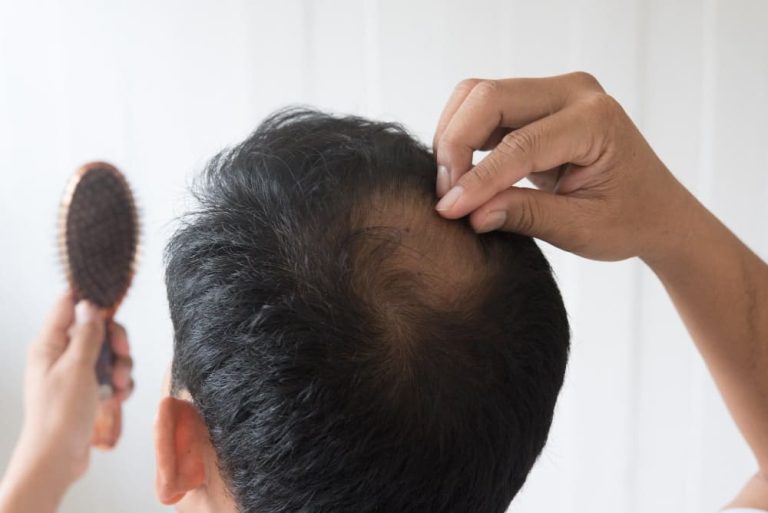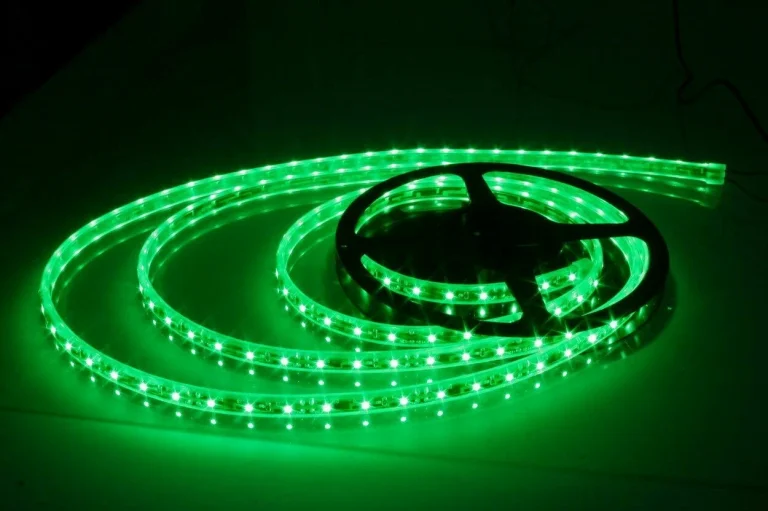How Is Lifestyle Tech Changing Our Everyday Routines?
Smartwatches, sleep trackers, and home assistants are everywhere now. But are they actually helping? And which ones are worth it? Let’s look at how lifestyle tech fits into real life, what works, and what doesn’t.
What Is Lifestyle Tech?
Lifestyle tech is any gadget or app designed to improve your daily habits. Think of things like:
- Smartwatches and fitness trackers
- Smart speakers
- Sleep and stress monitors
- Home automation systems
- Air purifiers and standing desks with apps
It’s not about flashy features. It’s about how useful something is from the moment you wake up to when you go to bed.
Does It Actually Improve Your Life?
Sometimes, yes. Sometimes, not really.
Better Health Tracking
Fitness trackers are the most common lifestyle tech. Over 200 million wearables shipped worldwide in 2023. Many people use them to count steps, track heart rate, and measure sleep.
One dad in Brisbane told us, “I used to sit all day at work. I got a Fitbit and started doing 8,000 steps a day. I’ve lost 7 kilos and feel way better.”
Even simple reminders to stand up every hour can reduce your risk of blood clots and back pain. It’s low effort but high reward.
Smarter Homes
Smart home tools like Google Nest or Amazon Echo can adjust lights, play music, read recipes, and even lock your doors.
A couple in Melbourne automated their heating and lighting using smart plugs. “We saved $200 on our energy bill just by setting timers,” they said. That’s not life-changing, but it’s noticeable.
The key is using tech that fits your lifestyle. If it takes more time to set up than it saves, skip it.
How Lifestyle Tech Helps With Focus and Stress
We’re all trying to do more with less time. That’s where focus tech comes in.
Blocking Distractions
Noise-cancelling headphones, apps like Forest, and guided focus timers help reduce distractions.
One university student in Sydney said, “I used to get distracted every 10 minutes. Now I use a Pomodoro timer and I can actually finish my homework before midnight.”
Focus tools don’t solve everything. But they give you more control over how your time feels.
Managing Stress
Wearables now track stress through heart rate variability (HRV). Garmin, Apple, and Whoop offer stress scores based on your body’s signals.
Apps like Calm and Headspace offer guided breathing and meditation. Some newer wearables even suggest when to take breaks.
You don’t need to be a monk. You just need tools that nudge you back on track when you’re overwhelmed.
Lifestyle Tech for Sleep
Sleep is one of the most overlooked parts of wellness. But it’s also where lifestyle tech has made some real gains.
Sleep Tracking
Oura rings and smartwatches track your sleep stages and help you understand patterns. They aren’t perfect, but they give you a baseline.
A 32-year-old developer in Perth said, “I thought I was getting eight hours. Turns out I was waking up five times a night. Once I stopped drinking coffee after 2 PM, my deep sleep doubled.”
That kind of data doesn’t just feel helpful. It leads to real behaviour change.
Smart Lights and Alarms
Lights that mimic sunrise can help your body wake up gently. They’re great if you live in a place that’s dark in the morning.
Some alarms now track your sleep cycle and wake you at the lightest stage. That means less groggy mornings. If you’ve ever felt like a zombie after hitting snooze five times, this is worth trying.
Where Lifestyle Tech Falls Short
Not every gadget is worth it. Some are too complicated. Others solve problems you don’t have.
Overcomplication
Some smartwatches offer 100+ metrics. But most people only care about steps, sleep, and heart rate. Extra data just adds stress.
One accountant in Adelaide said, “I stopped using my smartwatch. It was nagging me all the time and I wasn’t even sure what it all meant.”
If you need to Google what your device is trying to tell you, it’s probably doing too much.
Poor App Design
A lot of lifestyle tech relies on companion apps. Some of them are slow, buggy, or ugly. That ruins the experience.
User reviews matter. Before buying, check if the app actually works well. If the product has hundreds of one-star reviews, it’s often faster to skip it than fix it.
If unfair reviews are hurting your product or service, Reputation Galaxy helps with removing Google reviews that don’t reflect reality. But for tech buyers, those reviews are gold. Read them carefully.
How to Choose Lifestyle Tech That Works for You
There are thousands of gadgets out there. Here’s how to pick ones that matter.
Know What Problem You’re Solving
Don’t buy a gadget just because it’s trending. Ask yourself:
- Do I want better sleep?
- Do I want to move more?
- Do I need less stress?
If it doesn’t fix a real problem, you won’t use it for long.
Start Simple
Try basic features first. For example, use your phone’s built-in health app for two weeks. If you stick with it, consider upgrading to a smartwatch.
Use smart plugs before wiring your whole house with smart devices. Test one room at a time.
Choose One Area of Focus
Start with sleep, fitness, or stress. Not all three. You’re more likely to stick with a habit if you start small.
A guy from Newcastle said, “I started with sleep tracking, then added fitness later. If I tried both at once, I’d have given up.”
What’s Next for Lifestyle Tech?
Tech is getting more personalised. Devices now adjust based on your routine, not just averages.
For example, AI-based fitness programs like Tempo and Peloton adapt your workouts in real time based on performance. Some air purifiers and climate monitors now adjust automatically to indoor pollutants.
And home assistants are getting smarter at understanding natural speech. They’ll soon handle more tasks without you needing to repeat yourself.
But smarter doesn’t always mean better. The real power of lifestyle tech is in the small wins that stack up over time.
Final Thoughts
Lifestyle tech is only as good as what it helps you change. It won’t magically make you healthy, productive, or stress-free. But the right tools can guide you there faster.
Keep it simple. Focus on real problems. Try one change at a time.
If you find a tool that fits into your routine without causing stress, you’ve probably found a keeper. Whether it’s a $30 sleep light or a $500 smartwatch, the best lifestyle tech makes your day feel just a little smoother.





